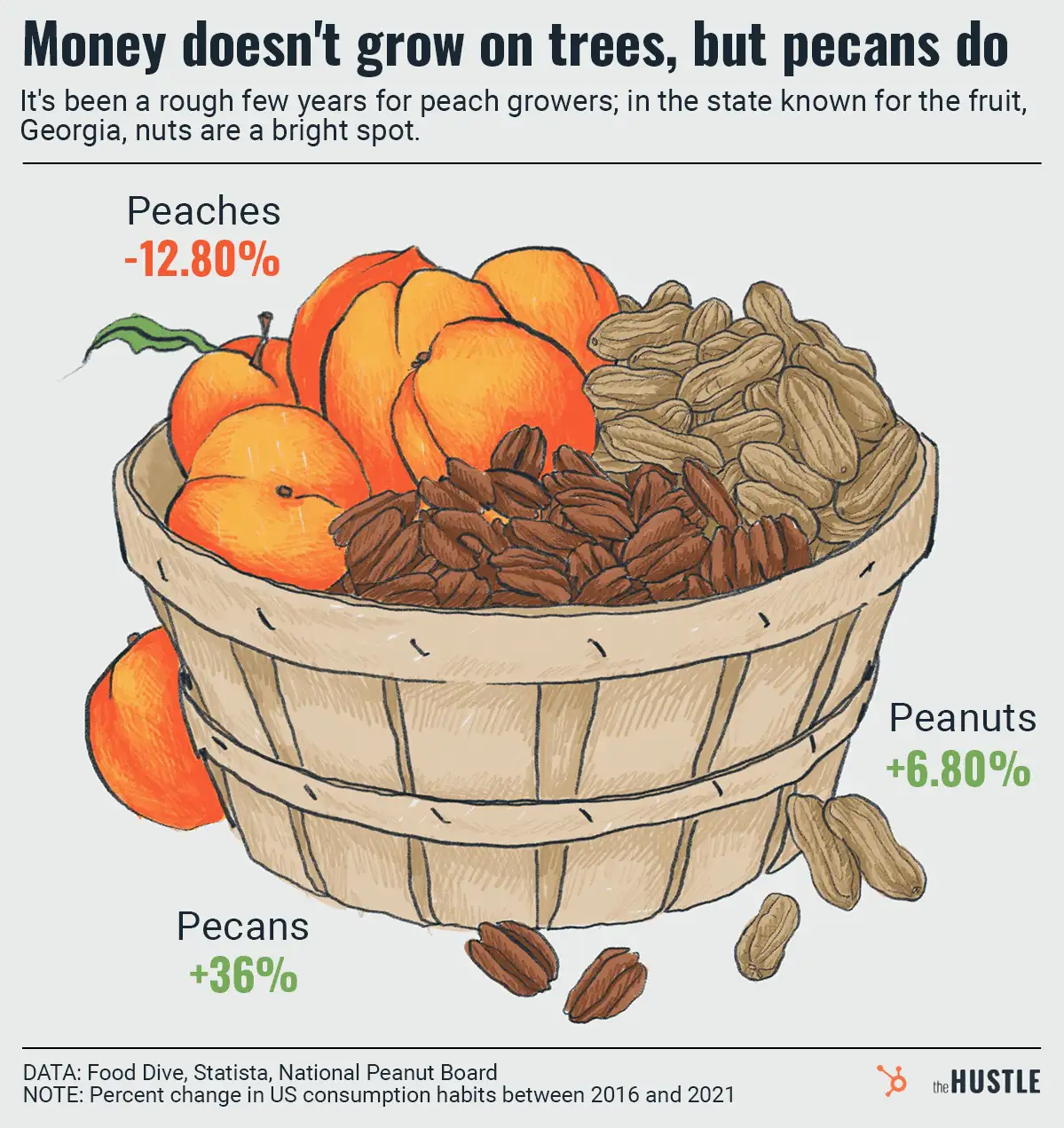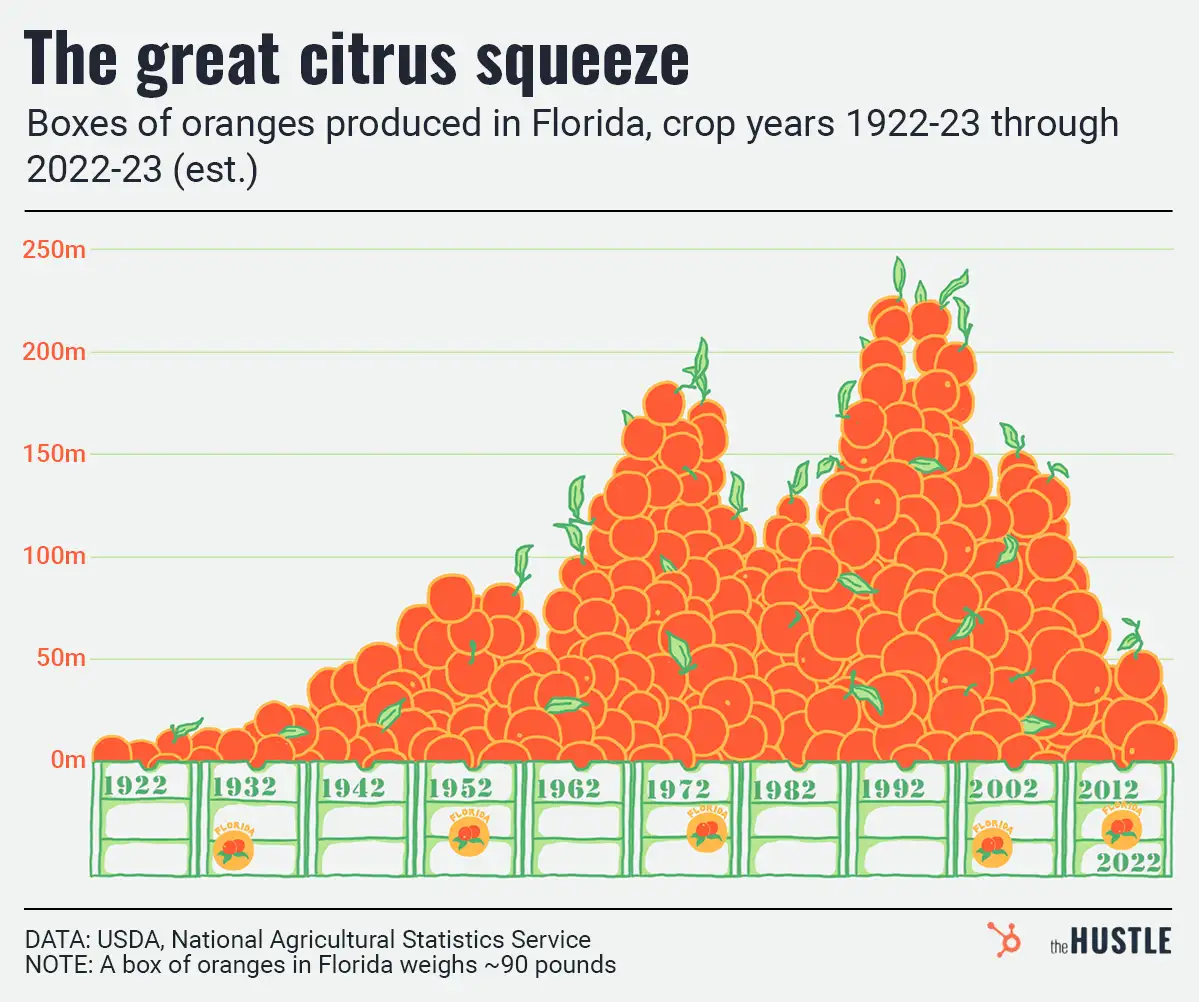Right to Repair advocates believe consumers should be able to repair things they purchased, either themselves or at the repair shop they choose.

It’s infamously been an issue with Apple, but a yearslong battle with agricultural equipment manufacturer John Deere.
John Deere…
… is an agricultural heavy hitter, holding 53% of the tractor market in the US. But for years, farmers have anguished over getting their machines repaired.
- Deere forces farmers to go to dealerships by restricting access to tools and documentation, and employing software locks only dealers can disable.
- They charge up to $150/hour, and one farmer told NPR that repairs can take weeks.
Then came a lawsuit
In early 2022, a North Dakota farm filed a class-action lawsuit accusing John Deere of violating antitrust laws, and reaping profits while harming farmers.
- Company filings show Deere’s repair business is 3x-6x more profitable than equipment sales, per Bloomberg.
- In 2020, Deere told investors that parts and maintenance services made up ~20% of sales.
Now, the Department of Justice has weighed in on the lawsuit, offering a statement of interest siding with the farmers, per AgWeb.
The DOJ said:
- It doesn’t buy Deere’s assertion that a competitive tractor market equals a competitive repair market, citing a 1992 Supreme Court ruling against Kodak’s attempt to restrict copy machine repairs.
- Many farms have gone bankrupt since 2014, and Deere’s practices increase financial pressures on farmers.
The court will make the final decision, but statements of interest can have an impact, per Vice.
Meanwhile…
… John Deere signed an agreement with lobbying group the American Farm Bureau Federation (AFBF) promising to allow third-party repairs last month.
Deere noted it might withdraw from the agreement if state or federal legislation passed, which some critics viewed as an attempt to prevent it, per NPR.
But it’s already happening: Colorado is considering a law that would fine companies $20k per violation, and similar bills have been introduced in Congress.











